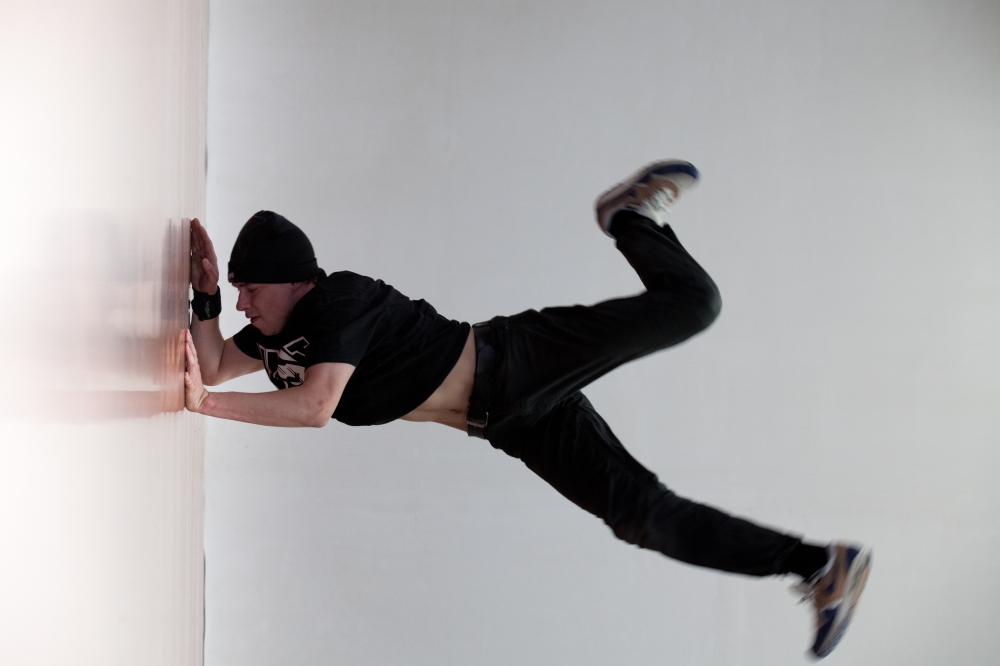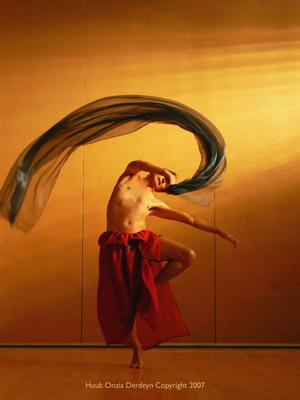Two weeks ago, by some magic coincidence of the Internet, I came across three links, one right after the other on my facebook feed, and was struck by their deeply clashing messages.
The first was a picture of the “Fagbug,” along with the following story: “Erin Davies, once a victim to a hate crime in Albany, New York where her car was vandalized and left with the words ‘fag’ and ‘u r gay’ on the driver’s side window and hood of her car, decided to embrace what happened by leaving the graffiti on her car in efforts to educate others about the continued presence of homophobia that is still woven in the fabric of society. She took her car, now known worldwide as the Fagbug, had a documentary featured on Netflix and Hulu, and embarked on a 58-day trip around the US and Canada. After driving the fagbug for a year and taking on LGBT advocacy full-time, Erin decided to give her car a makeover and in 2013 stopped by the Equality House. On Saturday she stopped by again to share more stories and to give us a sneak preview of her second documentary, Fagbug Nation, that chronicled her last pilgrimage.” (Equality House)

Reading this encouraged me about the state of our nation: that queer people experience this kind of hate is not surprising, but that Erin Davis was so quick on the comeback made me hopeful that in this generation things really will get better.
On a deeper note, I also look forward to the day when the Fagbug is no longer needed: when queer people are accepted to the degree that we no longer have to fight for basic human rights in a country that boasts of “liberty and justice for all.”
Then I read the comments.
I probably shouldn’t have, everyone knows that comments on facebook and youtube are like a black hole of despair for humanity. I saw comments that scoffed at the redneck idiots who had the audacity to hurt Erin Davis. Comments that decried the hateful bigots in this country and complained at the ugliness of Christian and American culture. While I completely understand the basis for these comments; there are certainly idiots, some of them rednecks, some of them Christian, some of them American; I’m sure Erin Davis is not trying to tell us about the haters when she rides the Fagbug.
My question to those commentators would be, “How can we expect a change in attitude towards the queer community if we return hate for hate and reinforce the polarization of our communities?” The message of the Fagbug is overcoming hate, not returning it; standing up under insults, not throwing them back at the senders.
As victims of social discrimination, we as queer people have a strange opportunity: we get to be more Christian than some Christians. We get to turn the other cheek, we get to love our enemies, we get to pray for those who persecute us. Instead of using our (very legitimate) victim status as an excuse to lash out against our enemies, as the “weak” ones we get to prove everyone wrong by the overwhelming strength of our character.
As we step into conflict, unafraid to blend colors together, to live alongside each other peacefully, to acknowledge and celebrate our differences, we reveal why rainbows are absolutely captivating. The world was not made in a monochrome: it was created to reflect the beauty and diversity of the divine Artist.
What community is better equipped to communicate this than one that has chosen the rainbow as our image of pride?
~~~
The second post on my feed, directly following the first, was an article on the Daily Signal about two ministers possibly facing fines and jail time because they refused to marry a gay couple. The story illustrated unnerving behavior on all sides: questionable government interference, a gay couple’s confusing decisions, and unbelievably dense Christian heads.

This story concerns me on a number of levels. First of all, it is unacceptable for the government to coerce anyone’s hand in any marriage. This is why I share Mr. Anderson’s indignation that the government would force a chapel to perform a gay wedding. This is also why I believe gay marriage should be legalized nationwide.
I agree that the city cannot claim their course of action is pursuing the issue in the least restrictive way. And I also find it strange that the gay couple would go to the Knapps to be married if they thought they might be refused, and why they chose this more difficult path instead of finding another chapel.
However, Mr. Anderson reveals his ignorance of the significance of marriage when he points across the street to a county clerk’s office, saying “There are numerous other venues where a same-sex couple could get married.” A gay couple wanting to get married would naturally want to be married in the same way straight people are married: in a church setting, with all the recognition of the beauty and seriousness of their commitment. Getting a piece of paper from a clerk’s office is not the same. How this is not patently obvious defeats me.
But the clincher came when I read this:
“[A]s a result of the courts redefining marriage and a city ordinance that creates special privileges based on sexual orientation and gender identity, the Knapps are facing government coercion.”
As if, in a surprising turn of events, people in governmental authority have suddenly redefined marriage and passed an ordinance, and as a result the church body finds itself disadvantaged in relation to a certain population granted special privileges based on sexual identity.
This, of course, is a wildly inaccurate view of the situation. A broader vision of social reality in the United States reveals that the queer community has for at least a century suffered violent discrimination at the hand of normative American culture, most often Christian. To suggest that Christians are the marginalized group and the queer community is the privileged group is ridiculous, just as it is to suggest that Affirmative Action privileges minority students and marginalizes white students.
But on a deeper level, doesn’t the fact that we’re blowing up over fines and jail time and ordinances and government policies show us that we’ve mixed up our priorities? Personally, I get much more out of discussing how faith informs sexuality than how policy informs my marriage prospects. I should be able to get married if straight people can get married. But the relationship between my Christian faith and queer identity is complex and compelling.
In fact, I would prefer to get over the hurdle of sexuality, and simply discuss how to be a good Christian; gay, straight, trans, cisgendered, bisexual, black, white, red, yellow, purple, or rainbow-colored.
If someone were to ask me, “You’re gay? That’s awesome. How has God revealed himself to you in a way that maybe those of us who are straight might not understand?” I might just die of happiness.
~~~
And then, immediately following these two stories, I saw this picture:
I see so much chaos today in the divide between the church and the queer community. My prayer is that both sides would see that chaos has authority as long as we refuse to be humble, to listen, to see the “other” as a human being with a full and painful story.
To my Christian friends: as followers of Christ, indwelled with the Holy Spirit, it is our responsibility to take the first step towards reconciliation. Queer people have not hurt us; not systemically. We are the privileged, the powerful, the spiritually wealthy. So if we don’t humble ourselves, as our Lord did, and come to the queer community on equal footing, how on Earth can we have the audacity to say to queer people that they are welcome at our churches?
To my queer friends: I know it’s hard. Forgiveness sucks. Sometimes hatred feels good, especially if it masks a world of pain. You are completely justified in your rejection of the church. But I’m asking you to believe better of people. I’m asking you to consider that even if Christians may fail, maybe the Person they’re trying to emulate won’t. And if nothing else, we should live by the respect we ask of others, and give to those who have persecuted us the same dignity and freedom that we ask for ourselves.
To my queer Christian friends: The time to speak is now.
Let’s do this thing!!








